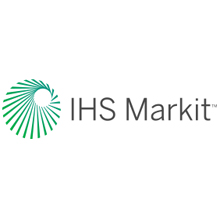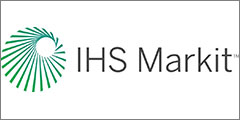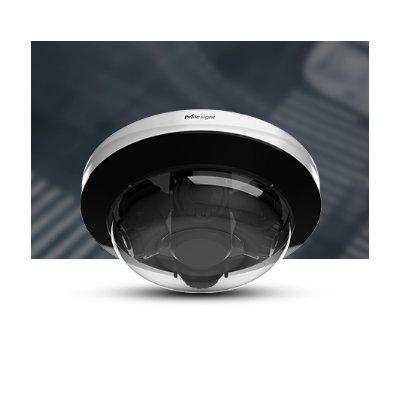 |
| Since the Brexit vote, some warning signs for the security market have begun to appear |
Should the United Kingdom follow through with its plans to leave the European Union (EU), there could be a number of consequences that filter through to security industry stakeholders.
Short term outlook
In theory, the short-term the market outlook for 2016 and 2017 should be relatively unaffected, the UK has yet to activate Article 50, which instigates the formal procedure to leave the EU. Only the UK Prime Minister can invoke Article 50 to begin the negotiation process, which is expected to take around two years to complete. To further add to the uncertainty, there is also still a small chance that the new Prime Minister, Theresa May, will choose not to invoke Article 50 because the referendum is not legally binding.
Banking and finance market
However, it has been a month since the vote and some warning signs for the security market have already begun to appear. The British banking and finance sector, a heavy user of video surveillance and access control equipment, has taken a thrashing in the financial markets, largely over fears that it may lose access to lucrative European markets if London fails to keep its passporting rights. Some financial institutions are already taking steps to limit damage to profits by curbing expenditure; this has resulted in some facilities switching to a “fix-before-replace” approach to security equipment maintenance. Although the slowing replacement rate is bad news for equipment vendors in the short-term, maintenance service revenue for installers and monitoring companies should enjoy a small boost.
Downward currency trend
Uncertainty over Britain’s future also wreaked havoc in the currency markets, the British Pound lost around 9 percent of its value against the Euro and the US Dollar within 24 hours of the vote. If this downward trend were to continue, UK-based manufacturers could see their cost of sales increasing, as they find importing raw materials and components more expensive. However, they should also benefit from a small boost in demand, as their prices become more favourable to those outside the UK.
Resilient video surveillance market
IHS Markit estimates that less |
In fact, the video surveillance equipment market should be one of the most resilient to this type of market volatility. The majority of equipment is manufactured in Asia, plus a larger portion of vendors are international companies, which are typically more experienced in dealing with changing terms of trade. IHS Markit estimates of market share indicate that less than 5 percent of the European market is supplied by UK-headquartered video surveillance vendors.
Intruder alarm remote-monitoring revenues are also projected to react slowly to the shakeup. Their long-term contracts lock in revenues and generally protect service providers from short-term swings in demand.
Slowing investment
In the longer-term, if formal proceedings to leave the EU are started by the UK, it would become more certain that the security equipment market will suffer. This would begin in 2018 with minimal effects from slowing investment and the lack of new construction projects. Access control, intruder and fire alarm markets typically track construction rates closely and are forecast to be affected most by this trend. However, a large cut to infrastructure spending would be just as damaging for the video surveillance market.
These negative influences are likely to accelerate in 2019 and 2020, if the UK fails to negotiate a “soft exit”. If a deal cannot be struck within the two-year time-frame set out by Article 50, the UK would have to revert to World Trade Organization (WTO) trade rules. This means that tariffs have to be imposed on trade between the U.K. and the EU, which would be a disaster for commerce in both regions -- but especially for the UK. Strenuous efforts are expected to be made to avoid it.
Long term effects
Once the separation is completed, other long-term effects and key points of interest for the security industry include the following:
- The EU funds many development and renovation projects across the European continent. These projects often come with the stipulation that a certain portion of the funds are to be spent with EU suppliers. UK security suppliers are likely to lose this business to competitors, once the Brexit process has been completed.
- The British Standards Institution (BSI) currently follows European standards fairly closely. Without EU membership it remains unclear whether the BSI would feel the need to continue to follow EU standards.
- There are five British-based access-control and intruder-alarm vendors supplying the European market in significant quantity – each with revenue exceeding $10 million. IHS Markit estimates that these companies combined account for less than 10 percent of total European, Middle-Eastern and African (EMEA) market revenues for both industries.



















